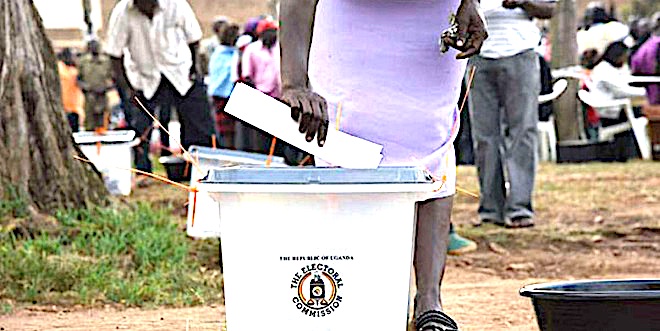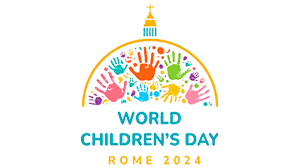UGANDA: Prior to General Elections in Uganda, Bishops Call on Government and Citizens to Act justly for Credible Outcome

Uganda Elections set for Thursday, January 14
Sr. Jecinter Antoinette Okoth, FSSA
In preparation for the general elections in Uganda scheduled for Thursday, January 14, Catholic Bishops have called on the government and all citizens to shun evil and act justly towards a peaceful and credible elections.
In their recent pastoral letter, the Bishops under Uganda Episcopal Conference (UEC), have heighted that the aim of their pastoral letter is to add their “voice to many others calling for peaceful, free and fair elections”.
“Like the prophets of the Old Testament, like Christ, and his apostles, we are obliged to speak up and guide both rulers and subjects to shun evil and walk in the path of holiness and the truth,” the Bishops disclosed in their collective pastoral letter signed by the UEC Chairman Bishop Joseph Antony Zziwa adding that guiding the nation requires effective reading of the signs of the times and responding “firmly with love, and without fear or favour.”
According to the prelates, the forthcoming elections in Uganda have presented signs that call for the Church to intervene in social situations and help the country “on the path to salvation.”
The UEC has raised issues of concern which “should guide the conduct of all stakeholders in the electoral process if the outcome is to be credible and love and harmony is to prevail in the country after the elections including “respect for human life, respect for human dignity, promotion of justice, love and peace, upholding the common good, solidarity, and promoting community and democracy.”
Providing some pastoral exhortations concerning fair elections, the Church leaders highlighted the significance of effective management of the electoral process whose credibility has been “doubted by some stakeholders in the various electoral processes” in the previous years.
The bishops note that “Electoral Commission has to maintain the confidence of all political players in the process by “engaging all political players on all matters likely to affect credibility of the process and the common good,” and “establish a robust voter education programme in collaboration with various stakeholders, including the candidates since they are key in mobilizing voters to turn up on polling day and observe law and order.”
The UEC has emphasized on securing the electoral process arguing that even though maintaining peace during elections is the duty of all stakeholders, security agencies are mandated by law to coordinate these efforts.
In this regard the pastoral letter reads in part, “We appeal to the Police Force and all other security agencies involved in the electoral process to dispense their mandate in a diligent and professional manner” so that “in the maintenance of law and order, the police should be seen to act impartially and refuse to be drawn into the political contestations, but must at all times be seen to account to the people, not to any political group.”
At the same time, “full investigations should be done into incidences of death and injuries caused by security officers as a means of restoring public confidence in the security organs and the police should desist from unnecessary disruption of political activities authorized by the election management body.”
To ensure security during electoral process the bishops added, “The police and other security agencies should exercise considerable restraint, and avoid the use of lethal force on unarmed civilians thus they must in no way be identified with anarchy or extrajudicial killings.” Besides, “The police should always invite the military as a last resort given the latter’s limited knowledge and experience in crowd management; the military is trained for battle not crowd control.”
The bishops further emphasized on the “need for patriotism” insisting that lasting peace reigns when political players are driven by a strong sense of patriotism, “which requires us to love our country and feed it with our labour and respect for its values.”
“It is, therefore, important that candidates at all levels and voters should desist from acts that can destroy the peace and foundation of economic and political development built with the sweat of many Ugandans,” the Shepherds and stressed, “We do not want another war and a violent change of leadership in our country, as nobody, but the authors of such violence, stand to benefit from such violence, hence Candidates and voters should, therefore, avoid use of language and behavior that fuel hatred and violence.”
The Bishops have also called on all registered voters to turn up on polling days and exercise their right to choose the leaders they want urging them to reject bribes in form of money, material things and empty promises from any political group or individuals meant to compromise their conscience and the right to freely choose their preferred leader.
They also observed that Covid-19 infections are on the rise hence security during electoral process requires balancing between health and the right to vote and therefore “Enforcement of the Election Guidelines and the Standard Operating Procedures (SOPs) should be applied to all political groups equally without fear or favour.”
Additionally, the Prelates in their pastoral letter emphasized the important role of journalists and the media during elections while calling upon the “State to respect and safeguard press freedom in the interest of promoting the common good and respect for the fundamental human rights and freedoms enshrined in our national Constitution and various international human rights instruments.”


